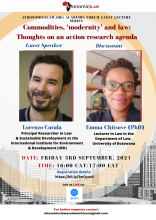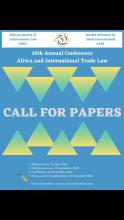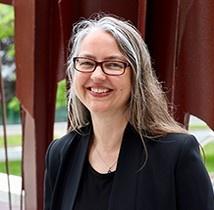Repurposing International Investment Agreements to Advance Sustainable Development in Nigeria
This blog reflects on recent efforts for international investment agreements (IIAs) to extend human rights and sustainable development obligations to foreign investors. Prior to the recent adoption of the Nigeria-Morocco BIT in 2016, human rights language and foreign investor obligations were notably absent in Nigeria’s IIAs. This discrepancy - between attempts to attract foreign investment through IIAs and the failure to link these investments to socio-economic priorities in Nigeria – has led to palpable tensions within Nigeria’s dominant economic sector, oil production, but recent international law developments suggest a slow shift is happening.




